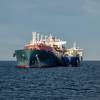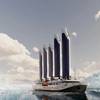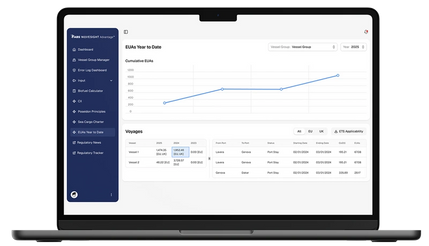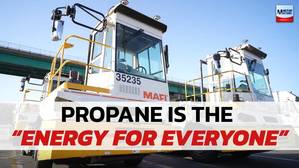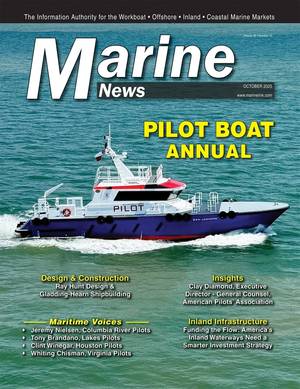International Day of the Seafarer #MyHarassmentFreeShip
On 25 June, the IMO leads the global celebration of the Day of the Seafarer – a day designated by the United Nations to recognize the critical role seafarers play in global trade, security and the flow of essential goods.
This year, the theme #MyHarassmentFreeShip calls attention to the urgent need to eliminate bullying and harassment in the maritime industry and to foster a culture of dignity, safety and inclusion onboard every vessel.
The IMO is taking concrete steps to tackle harassment in the maritime workplace. Starting 1 January 2026, mandatory training on the prevention of harassment, including sexual assault and sexual harassment, will be required under the Standards of Training, Certification and Watchkeeping for Seafarers (STCW) Code.
A key new initiative is the launch of an Interactive World Map, which highlights reporting channels, national policies, and support systems by flag state. This tool is designed to empower seafarers to access help, wherever they are in the world, and to promote transparency in the maritime response to harassment.
"Seafarers form a remarkable global workforce that calls ships their place of work. It is a unique, exciting and demanding environment—one that must be free from violence and harassment," said IMO Secretary-General Arsenio Dominguez.
"This year's Day of the Seafarer launches the 'My Harassment-Free Ship' campaign, highlighting what we can all do to foster a culture of zero tolerance. IMO is taking action, and we invite all stakeholders to join us in this movement. No one should feel alone in their struggle."
"There should be ZERO tolerance for abuse. Every seafarer deserves respect " said Romeeta Bundela, a 2nd Electro Technical Officer at Carnival Cruises.
"Don't allow anyone to treat you any less than what you're worth. Work hard, have integrity, and remember—respect goes both ways," added RebeccaTaylor-Neale, who works as a 1st Officer at HX Hurtigruten Expeditions.
René Kofod-Olsen, CEO, V.Group, said: “On this Day of the Seafarer 2025, we proudly join the IMO’s global call to action by reinforcing our commitment to creating a positive workplace culture, whether on board a vessel or in one of our offices. This goes beyond any policy - it’s a shared responsibility at every level of our business.
“A truly positive workplace culture empowers people to show up as the best version of themselves. It creates the conditions for collaboration, innovation and pride in the work we do; qualities that are essential as we navigate the many complexities facing our industry. We therefore cannot afford to make seafarer wellbeing an afterthought when seafarers are, in fact, at the forefront of industry transformation.
“At V. investing in career progression and regular training is key to supporting our seafarers in their ongoing careers and growing our seafarer talent pool. We take a proactive approach to developing initiatives that support crew safety, engagement, retention and their future, whilst ensuring strong connectivity between the seafarers and their families.
“We work to create a welcoming, inclusive and open environment where seafarers support each other, take ownership for their teams and feel like they belong.”
Mikko Kuosa, CEO of NAPA, said: “Behind every net-zero ambition stands a seafarer. And right now, they’re being asked to do more than ever, often with less.
“Seafarers are facing greater demands than ever before. As the industry navigates the transition to alternative fuels and adapts to increasingly complex compliance requirements, life at sea is evolving fast, and it’s seafarers who are on the frontlines of this change.
“That’s why, on this Day of the Seafarer, we stand with the IMO in affirming that crew safety, dignity and well-being must be non-negotiable at every level- from bridge to engine room and beyond. Creating a positive workplace culture at sea isn’t just a moral imperative, it’s a business-critical one.”
Recent studies by Cardiff University and ISWAN reveal a troubling rise in stress, fatigue and mental distress among crew:
• Over 40% of senior officers report significant mental health distress.
• 54% of seafarers say workloads have increased.
• A third now fear criminalization due to complex reporting requirements.
“These are not just human resource concerns: they are operational red flags that affect safety, performance and retention,” says Kuosa.
“We must stop viewing seafarers as passive recipients of change; instead, they need to be more actively brought into conversations that affect their day-to-day lives and jobs, so that we can better empower them with human-centered support and solutions that meet their needs. It’s the smartest and easiest way we can build a stronger, safer maritime future."




